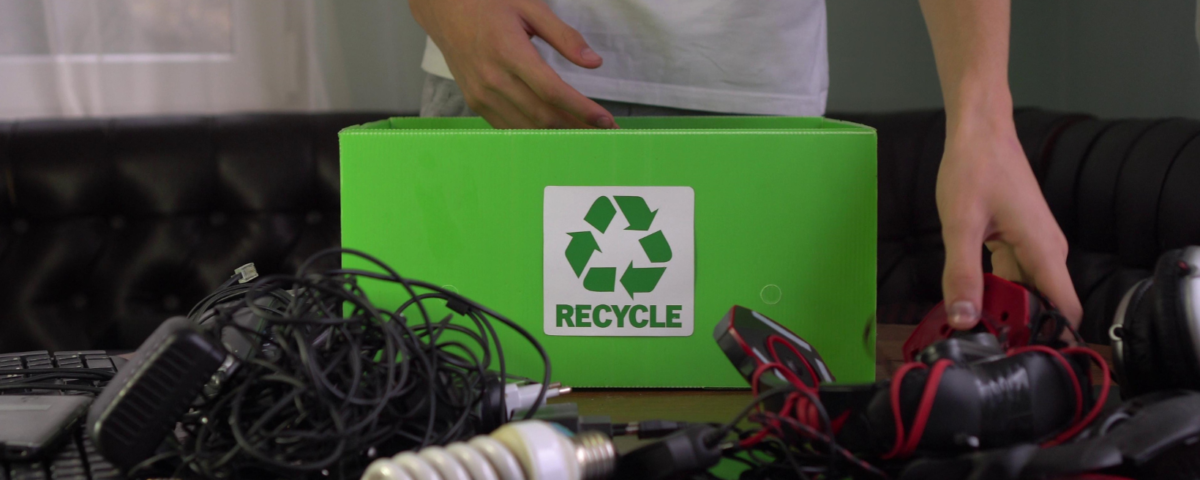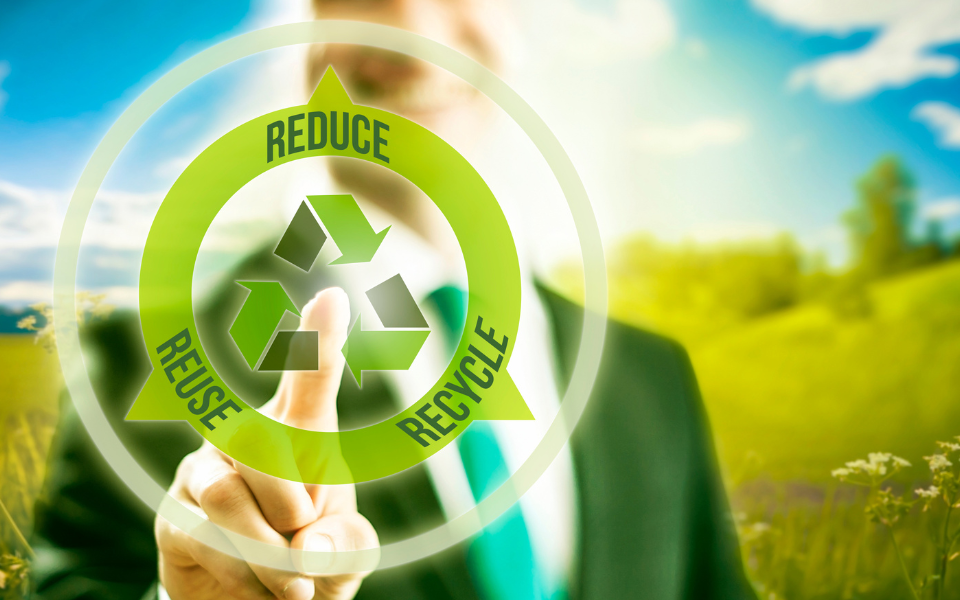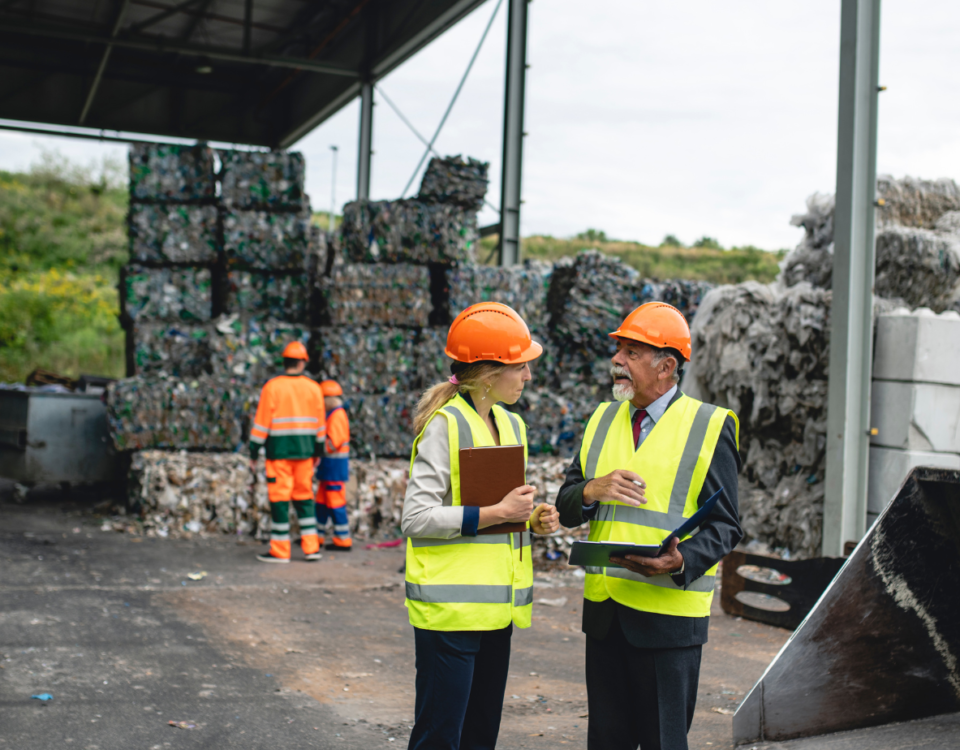- For Corporate IT Equipment Collections Call or Email us
- +97165578420
- +971 55 9991089
- info@recycleemirates.com

What Questions Should You Ask When Selecting a Computer Recycling Company?
August 11, 2023
E-Waste Recycling 101: A Step-by-Step Guide to Ethical Electronics Disposal
August 17, 2023The appropriate handling of electronic trash (also known as “e-waste”) has grown to be a crucial concern in today’s world of rapid evolution. The requirement for efficient electronics recycling and waste management procedures has become more critical than ever as the dynamic emirate of Sharjah continues to make technological strides. Utilizing the many benefits that electronic waste management and recycling offer can help Sharjah move toward a more environmentally friendly future. The advantages of electronics recycling in Dubai are discussed in this article, along with their significance in creating a society that is ecologically friendly and sustainable.
E-waste is a Growing Problem:
Electronic devices have become a necessary part of modern life as a result of the rapid pace of technological advancement. The buildup of electronic trash is a trade-off for this advancement, though. Discarded electronic equipment, parts, and accessories are referred to as “e-waste,” and many of these items include dangerous substances that can be extremely dangerous to the environment and human health.
The problem of managing e-waste has grown more urgent as Sharjah presents itself as a hub for innovation and technology on a worldwide scale. A comprehensive approach to lessen the environmental impact of electronic waste is required by The Emirate’s dedication to sustainable development.
Benefits of Waste Management and Electronics Recycling:
Let’s talk about the benefits of waste management and electronics recycling.
Power Savings:
Less energy is used in the recycling of electrical gadgets than in the creation of new ones. Energy-intensive procedures that increase greenhouse gas emissions include the mining and processing of raw materials. Sharjah can lessen its carbon footprint and help to create a future with more sustainable energy by recycling its electronic waste.
Conserving Resources:
One of the most significant steps in protecting priceless resources is recycling electronics. Numerous recyclable and reusable materials, including rare earth elements and valuable metals, can be found in electronic gadgets. Recycling these parts lessens the demand for fresh raw materials, which in turn lessens the need for resource extraction and the impact of that extraction on the environment.
Learning and Communication:
Initiatives aimed at recycling electronics and managing garbage can increase public awareness of ethical consumption and disposal habits. A culture of environmental stewardship is promoted. People are given the power to make wise judgments by educating citizens about the value of recycling and the potential repercussions of inappropriate e-waste disposal.
Defending the Natural World:
Lead, mercury, and cadmium are among the dangerous materials frequently found in e-waste. If not properly disposed of, these chemicals can leak into the land and water, causing serious health dangers to both people and animals. By preventing the discharge of harmful contaminants into the environment through proper recycling and waste management, ecosystems are protected and the risk of contamination is decreased.
Economic Growth and Job Creation:
The development of a strong electronics recycling and waste management industry can lead to job creation. Trained labor is needed at various phases of the recycling process, from collection and sorting through processing and refurbishment. In addition to encouraging a sustainable culture, this helps the local economy thrive.
Promotion of the Circular Economy:
The circular economy model, which attempts to reduce waste and keep commodities in use for as long as feasible, is built on effective e-waste management. Sharjah can increase the lifespan of electronic equipment, lower overall waste creation, and provide a closed-loop system that is advantageous to both the economy and the environment by recycling and refurbishing it.
Bottom Lines:
Sharjah is at a turning point in the quest for a more environmentally friendly future, where ecological sustainability and technological progress converge. Adopting waste management and recycling strategies for electronics would not only help Sharjah meet the issues posed by e-waste but will also establish itself as a regional leader in sustainable development. By benefiting from resource conservation, environmental preservation, energy savings, employment creation, and circular economy development, the Emirate may pave the road for a more vivacious, robust, and environmentally responsible future. Recycle Emirates in UAE serves as a bright example for other places to follow in tackling the e-waste problem as individuals, companies, and legislators work together, guaranteeing a healthy balance between development and preservation.




